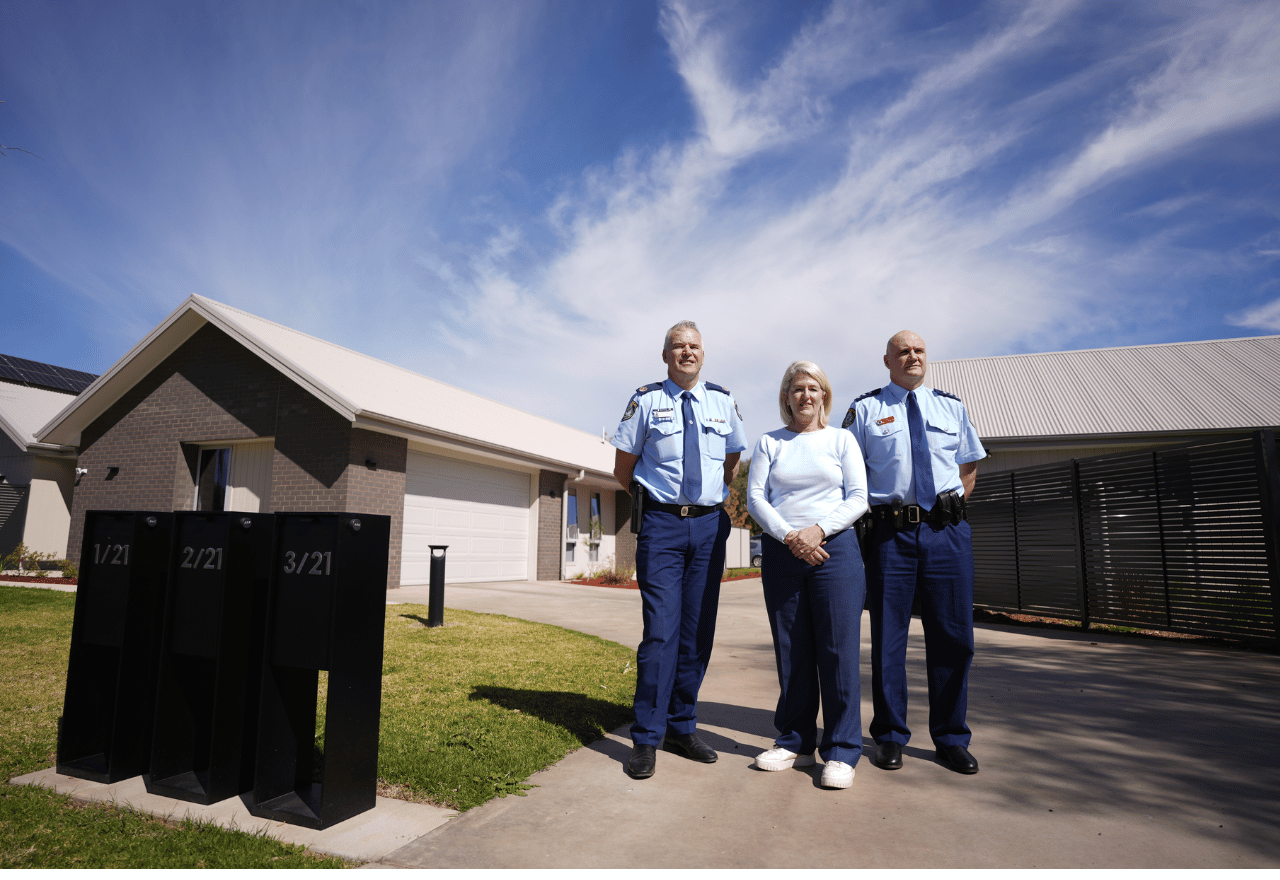Does that get rich quick scheme sound too good to be true?
Kristin Murdock
25 August 2025, 9:20 PM

It’s currently Scams Awareness Week, a timely reminder for Western Plains residents to stay vigilant against the rising tide of online scams.
Consumer Action Law Centre CEO Stephanie Tonkin said more can be done to battle this modern-day scourge and the Federal Government needs to take immediate action in light of new scam data that reveals a surge in everyday Australians being robbed.
In the first half of 2025, Scamwatch received 108,305 scam reports, totaling $174.8 million in reported losses, which is a 26 per cent increase compared to the same period in 2024.
Reports involving financial losses rose by 40.5 per cent, with significant impacts on individuals who speak English as a second language (44 per cent) and First Nations Australians (55.3 per cent).
“In the last few months, we have continued to receive calls from distraught scam victims who have told us of life-changing sums being lost to highly sophisticated scams,” Ms Tonkin said.
“I am deeply worried because the scams crisis in Australia continues while our much-lauded Scam Prevention Framework - passed by Parliament more than six months ago - remains on the shelf."
The Scam Prevention Framework aims to establish consistent and enforceable obligations for businesses in key sectors, including digital platforms, telecommunications, and banking.
The Australian Competition and Consumer Commission (ACCC) is tasked with monitoring compliance and enforcing these obligations, with penalties of up to $50 million for non-compliance.
Scam types and how to protect yourself
Phishing scams, particularly those involving cryptocurrency impersonation, have been particularly damaging, with $19.5 million reported lost.
Scammers have increasingly targeted individuals through fake websites, online advertisements, and social media platforms, making it essential for consumers to exercise caution when engaging online.

Indigenous Australian artist Nathan Patterson created this artwork to raise awareness among Indigenous peoples about scams. It represents the Koorie Grapevine, and how news is passed on by word of mouth travelling across communities.
ACCC Deputy Chair, Catriona Lowe said technology is helping scammers reach more people than ever before.
“We see scams becoming more sophisticated and harder for people to detect,” Ms Lowe said.
The ACCC outlined simple measures to help protect yourself.
- Stop: Pause before giving money or personal information.
Scammers often create a sense of urgency to pressure individuals into quick decisions.
- Check: Verify the legitimacy of the person or organization.
Contact them directly using official contact details to confirm their identity.
- Protect: Act swiftly if something feels wrong.
Report the incident to Scamwatch, contact your bank, and seek support from organizations like IDCARE.
Older Australians, particularly those over 65, are more likely to be affected by scams.
In 2023, this age group experienced a 13.3 per cent increase in reported losses, totaling $120 million.
Investment scams continue to cause the most significant financial harm, followed by remote access and romance scams.
Scammers also exploit job seekers, especially international students and individuals seeking flexible work-from-home opportunities.
“Scam Awareness Week is an important initiative, but the new figures reported by the ACCC are deeply worrying,” Ms Tonkin said.
“I am calling on the Assistant Treasurer Daniel Mulino to prioritise implementing the Scam Prevention Framework urgently by designating the digital platforms, telecommunications and banking sectors, and consulting on codes of practice and rules to bring the laws to life.” Ms Tonkin said.
“There is no time to wait as criminal scammers are innovating while we stand still.”
For more information and resources, including those specific to Indigenous people, the elderly and migrants, visit the National Anti-Scam Centre's Scamwatch website.



